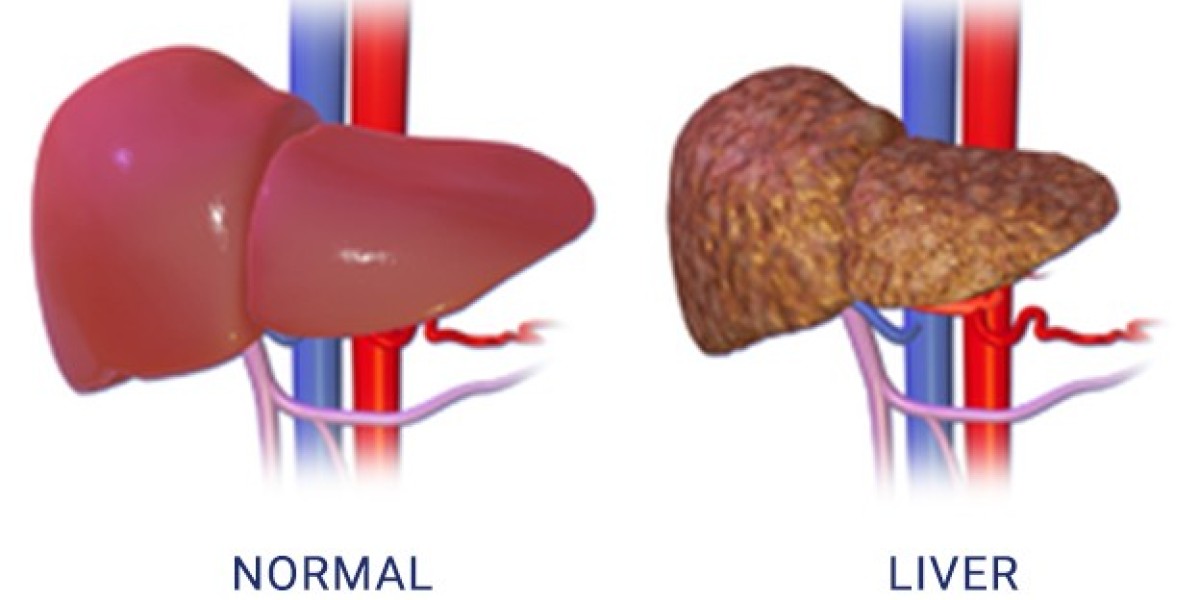Introduction:
Liver cirrhosis is a serious and often progressive medical condition that affects millions of people worldwide. If you're searching for a liver cirrhosis doctor in Delhi, it's crucial to first understand the basics of this condition, including its causes, symptoms, and treatment options. In this blog, we will delve into these essential aspects of liver cirrhosis to provide you with a better understanding of the condition and help you make informed decisions about your health.
What Is Liver Cirrhosis? Liver cirrhosis is a late stage of scarring (fibrosis) of the liver caused by long-term liver damage. It occurs when healthy liver tissue is replaced with scar tissue, which can impair the liver's ability to function properly. This scarring can result in various complications and health issues.
Causes of Liver Cirrhosis: Several factors can contribute to the development of liver cirrhosis, including:
- Chronic Alcohol Abuse: Excessive alcohol consumption over an extended period can lead to alcoholic liver cirrhosis.
- Chronic Viral Hepatitis: Infections with hepatitis B, hepatitis C, or other hepatitis viruses can cause liver inflammation and cirrhosis.
- Non-Alcoholic Fatty Liver Disease (NAFLD): Accumulation of fat in the liver, often associated with obesity, can progress to cirrhosis.
- Autoimmune Liver Diseases: Conditions like autoimmune hepatitis and primary biliary cirrhosis can lead to cirrhosis.
- Genetic Disorders: Certain inherited liver diseases, such as hemochromatosis or Wilson's disease, can result in cirrhosis.
Symptoms of Liver Cirrhosis: Liver cirrhosis may not exhibit noticeable symptoms in its early stages. As the condition progresses, individuals may experience the following symptoms:
- Fatigue
- Jaundice (yellowing of the skin and eyes)
- Abdominal pain or discomfort
- Unexplained weight loss
- Easy bruising and bleeding
- Swelling in the legs and abdomen
- Confusion and memory problems
Treatment Options: Early diagnosis and intervention are crucial for managing liver cirrhosis effectively. A liver cirrhosis doctor in Delhi can offer various treatment options, which may include:
- Lifestyle Changes: Adopting a healthy diet, limiting alcohol consumption, and exercising regularly can help manage the condition.
- Medications: Prescription medications may be prescribed to manage symptoms, control complications, or treat the underlying cause.
- Hepatitis Management: If viral hepatitis is the cause, antiviral medications may be used to control the infection.
- Liver Transplantation: In severe cases, when the liver is severely damaged, a liver transplant may be recommended.
Conclusion: Liver cirrhosis is a serious condition that requires prompt medical attention and proper management. If you're in Delhi and searching for a liver cirrhosis doctor, make sure to consult a healthcare professional who specializes in liver diseases. Early intervention, lifestyle changes, and appropriate medical treatment can improve the quality of life and prognosis for individuals with liver cirrhosis. Remember that understanding the causes, symptoms, and treatment options is the first step towards better liver health.








